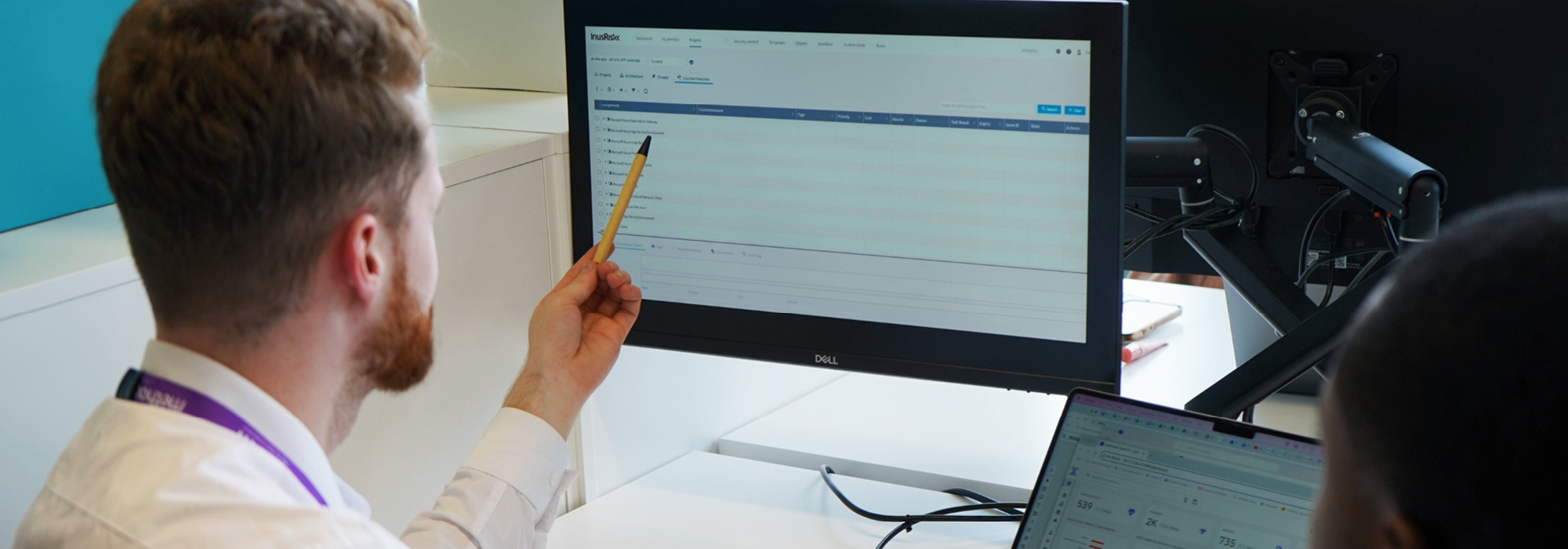Introduction and maturity of the HMCTS DTS service desk

Challenge
Her Majesty’s Courts and Tribunals Service (HMCTS) was established in 2011 and is responsible for the administration of all criminal, civil, and family courts and tribunals across England and Wales.
The HMCTS Digital & Technology Services (DTS) acts as a key enabler of HMCTS’ future as a digital organisation, supporting multiple transformation programmes to improve our court and tribunal services by adopting new technology and modern ways of working.
The digital operations function within DTS (who support a diverse set of users including citizens, court and tribunal staff, the judiciary, and legal professionals), sought a partner who could bring thought leadership alongside service delivery. They required operational improvements and changes to keep pace with this rapid digital transformation programme, not least of which was the implementation and maturity of a robust service desk solution, all whilst continuing to run a secure, high performing business as usual (BAU) service.
Solution
Methods began a period of handover, inheriting 8 service desk analysts and a hunt group capability, supporting 18 services within a single portfolio. At the time, various escalations in place from senior judges, exacerbated by a requirement to reduce the incident backlog by ~90%, threatened the continued use of the DTS IT service desk within the judiciary. Alongside this, there were various challenges that Methods were required to address as part of the takeover.
Impact
The DTS IT service desk provides a joint role of call handling, and critically is the main team to provide incident resolution across the DTS portfolios. Improvements to BAU performance have remained steady since and has seen:
- Service Level Targets have consistently been met
- Call answering times – above 98% of DTS’s target
- Abandoned calls – Less than 0.35%
- Average call wait time – 10 to 15 seconds
In Year 2, the DTS IT service desk implemented significant improvements, including reducing incident backlogs, developing a skills matrix, and creating a comprehensive demand management process. Key achievements included:
- resolving 75% more incidents monthly
- stabilising the eJudiciary service support
- doubling support contacts with minimal staff increase.
The team also introduced new processes like a joiner, mover, and leaver tracking system, established a knowledgebase, and implemented service level targets to proactively measure and improve performance.
In Year 3, the DTS IT Service Desk completed a scalable telephony solution, enabling advanced call routing and performance measurement. Key accomplishments included:
- auto-logging of crime and crown IT mailboxes
- critical support for infrastructure migrations
- providing first-line support for the eJudiciary.net multifactor authentication rollout for 16,000 magistrates.
The team also enhanced its knowledgebase with over 200 new and updated articles, implemented a business continuity plan with multi-site coverage, and developed a major incident management plug-in to improve incident communication.
And in In Year 4, the DTS IT service desk demonstrated remarkable adaptability during the COVID-19 pandemic, coordinating the distribution of over 9,000 laptops and supporting a critical remote hearing solution for courts across England and Wales. The team expanded to 18 analysts, implemented a comprehensive business continuity test, and transformed incident categorisation in ServiceNow.
Additionally, they introduced an apprenticeship programme, supported service rollouts across civil, family, tribunals, and crime reforms, and established the Courts and Tribunals Service Centre (CTSC) working group to strengthen stakeholder relationships.
Over a period of 4 years, we worked with DTS to deliver an efficient and reliable service desk – taking their IT service desk utilisation from 1 portfolio with 18 services, to over 7 portfolios and 220 services.
